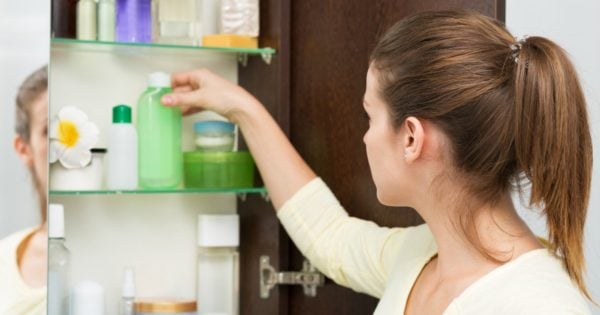It’s the age-old question (ha) – when is the right time to start using anti-ageing products?
According to the experts, the answer might not be as straight forward as a simple number.
“The expression ‘anti-ageing’ can encompass so many different elements,” says Melbourne-based dermal therapist James Vivian.

"When I'm doing consultations I break those words down to work out area of face client is concerned with. There's no blanket rule for everyone, it's not like you reach 30 and *boom* the signs of ageing appear on your face."